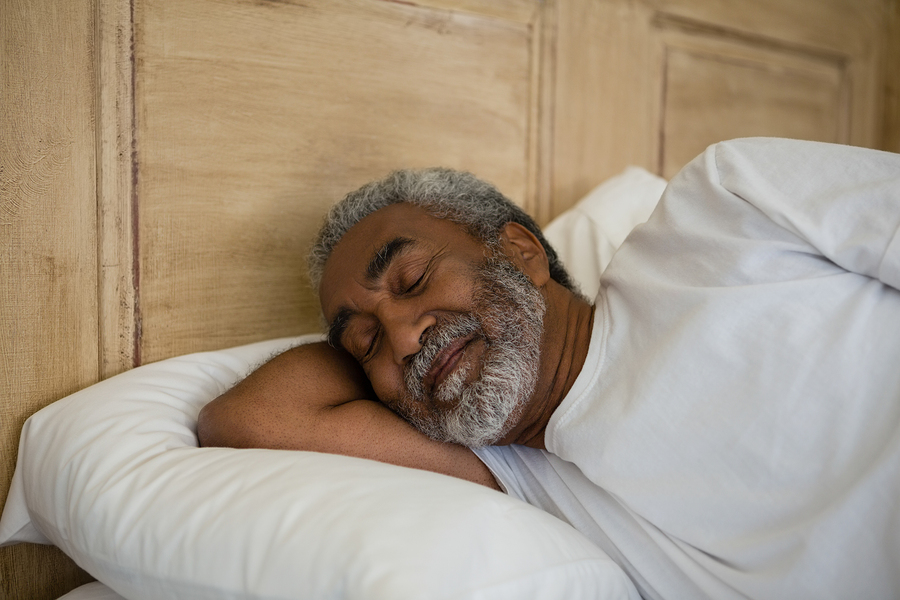Things Seniors Should Do Every Night To Get Better Sleep
Category:

It’s very common for seniors to have trouble sleeping. Insomnia or restless sleep can be side effects of medication. And health conditions like sleep apnea, anxiety or depression can cause seniors to struggle to get restful sleep. But there are some things that seniors can do to improve the quality of their sleep. Exercising daily is a great way for seniors to improve their sleep. And lifestyle changes like not drinking caffeine or quitting smoking can help too.
Seniors who are struggling to get restful sleep should consider in-home care. In-home care at night can make seniors feel safer and give them the peace of mind they need to relax and sleep. Some things that seniors can do each night to help them improve their sleep are:
Establish a Consistent Sleep Schedule
Going to bed and waking up at the same time every day, even on weekends, helps regulate the body’s internal clock, making it easier to fall asleep and wake up naturally. One of the best things that seniors can do to improve their sleep is have a consistent sleep schedule.
Create a Relaxing Bedtime Routine
Engaging in calming activities before bed can signal to the body that it’s time to wind down. Reading a book, taking a warm bath, or practicing gentle stretching exercises can be helpful. Some seniors find that journaling before bed helps relieve anxiety.
Limit Exposure to Screens
The blue light emitted by smartphones, tablets, and computers can interfere with the body’s production of melatonin, a hormone that regulates sleep. Seniors should avoid screens at least an hour before bedtime. And seniors should not have a TV in their bedrooms.
Make the Bedroom Comfortable
A comfortable sleep environment is crucial. Ensure the bedroom is dark, quiet, and at a comfortable temperature. Invest in a comfortable mattress and pillows that provide adequate support. It’s common for seniors to still have the same mattress they’ve had for years. As they get older seniors should replace their mattress every couple of years for the best comfort.
Limit Daytime Naps
While short naps can be refreshing, long or irregular daytime naps can disrupt nighttime sleep. Seniors should limit daytime naps to 20-30 minutes, preferably earlier in the day.
Watch Diet and Fluid Intake
Heavy meals, caffeine, and alcohol close to bedtime can interfere with sleep. Seniors should avoid these substances in the hours leading up to bedtime and be mindful of excessive fluid intake to reduce nighttime awakenings.
Use the Bedroom for Sleep Only
Associating the bedroom with sleep can help condition the body to recognize it as a place for rest. Avoid working or watching television in bed.
Reduce Noise
Use earplugs or white noise machines to block out disruptive sounds that may interfere with sleep, especially if living in a noisy environment.
Seek Treatment for Sleep Disorders
If a senior consistently struggles with sleep despite trying these strategies, it’s essential to consult a healthcare provider. Sleep disorders like sleep apnea or restless leg syndrome are common in older adults and require specific treatments.
Practice Cognitive Behavioral Therapy for Insomnia (CBT-I)
CBT-I is an evidence-based therapy designed to treat insomnia. It focuses on changing behaviors and thought patterns that contribute to sleep problems and can be particularly effective for seniors.
Use Relaxation Techniques
Techniques such as progressive muscle relaxation, guided imagery, or aromatherapy can be incorporated into a nightly routine to promote relaxation and better sleep.
Subscribe
Date: October 24, 2023
Category:


